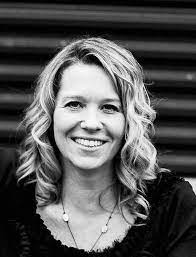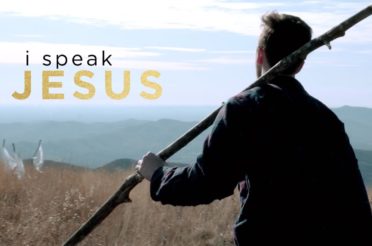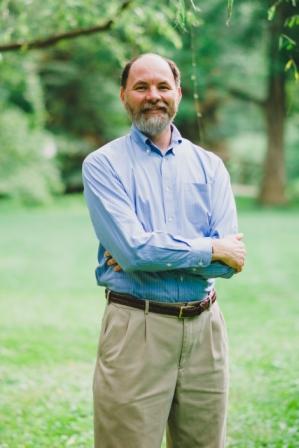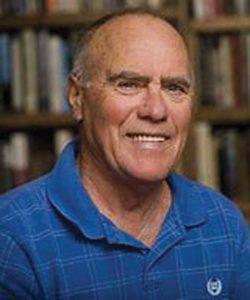By Roger Barbee
The above Latin phrase, made famous by the American movie Dead Poet’s Society, was first used by the poet Horace. Its use by Horace is most accurately translated as “Pluck the day,” and after the movie it became popular in American culture and before long it was printed on tee shirts, caps, and mugs. However, the word “pluck”, for whatever reason, proved too much for American sensibilities and the phrase became translated as “Seize the day.” (Such a refinement) Given a coffee mug with that inscription by the head of school where I worked, like the other administrators, I understood the phrase, as a rising professional, to mean that I was to grab each day and shake it out making the most of it as opportunities arose. If opportunities did not arise to pluck, then I was to create them, then pluck. Seizing the day meant that I, in my mid-40’s, was in charge. Anything that was accomplished in my realm of the school was directly related to either my ideas or actions or both. It was all up to me, and I lived several years following that belief in my personal and professional life.
Thinking of the two interpretations of Horace’s phrase, I recall the saying attributed to Mark Twain, that the difference between the right word and almost the right word, is the difference between lightening and the lightening bug. Pluck and seize when viewed as verbs are much alike, but are they the same? When we seize do we pluck?
One of my mother’s favorite “chores” was to sweep the front porch, steps, and sidewalk of her mill house. She did not rush to arrive to this or rush in its doing. She would sweep the wooden porch some, stop and look around her front yard, sweep some more and adjust the chairs and plants. Satisfied with the porch’s condition, she moved on to the three concrete steps and stepping down carefully, she cleaned each below her as she went. Stopping at the juncture of the steps and sidewalk, she would survey the goings-on of Juniper Street and then begin sweeping the private sidewalk that led to public one. Arriving at that junction, she turned, chatted with any neighbor near or a passer-bye, then carrying her broom like a proud knight, she went back inside of her house to finish any cleaning left undone. My mother, a girl of the South Carolina Sandhills, grew up in a time when front yards of sand were swept of their loose sand to make a clean place to entertain company under a large shade tree. Sometimes, as Maggie did in Alice Walker’s short story, Everyday Use, people would make a design using the loose sand on the edge of the cleared area. Thus, a “living room” space was created for the company. There was no sand on my mother’s sidewalk, steps, or porch, but her daily sweeping of it made certain that no visitor would trip on a acorn or small limb, and its cleanliness invited folks to come on in.
Today we have leaf blowers, those noisy machines that will clean the area that took my mother thirty minutes or so to sweep in just a few minutes. Time saved, and all that dirt blown away into the yard or gutter. Time saved to be used inside cleaning or to be used on another household chore. Time saved is money saved. If my mother had had a leaf blower to use out front, she would have been more efficient and more productive. If my mother had had a leaf blower, she would have been “seizing the day” and producing more.
Yet, even had my mother been given a leaf blower, one she could have used, I know that she would have just left it gathering dust in her garage. She, like so many of her peers, was not interested in being more productive or efficient or cost effective. She swept her front porch, steps, and sidewalk with her straw broom because she enjoyed the doing of that act. She enjoyed observing the activity on her street and its people. She enjoyed the result of her labor. In my mind, she was plucking. Not the day but a small piece of it. She understood that one cannot grab and hold an entire day, but one could pluck a moment. She plucked it, enjoyed it, and continued on. Like so many, she had faith in the words, “Give us this day….”
A lesson I finally learned at half-past fifty.







